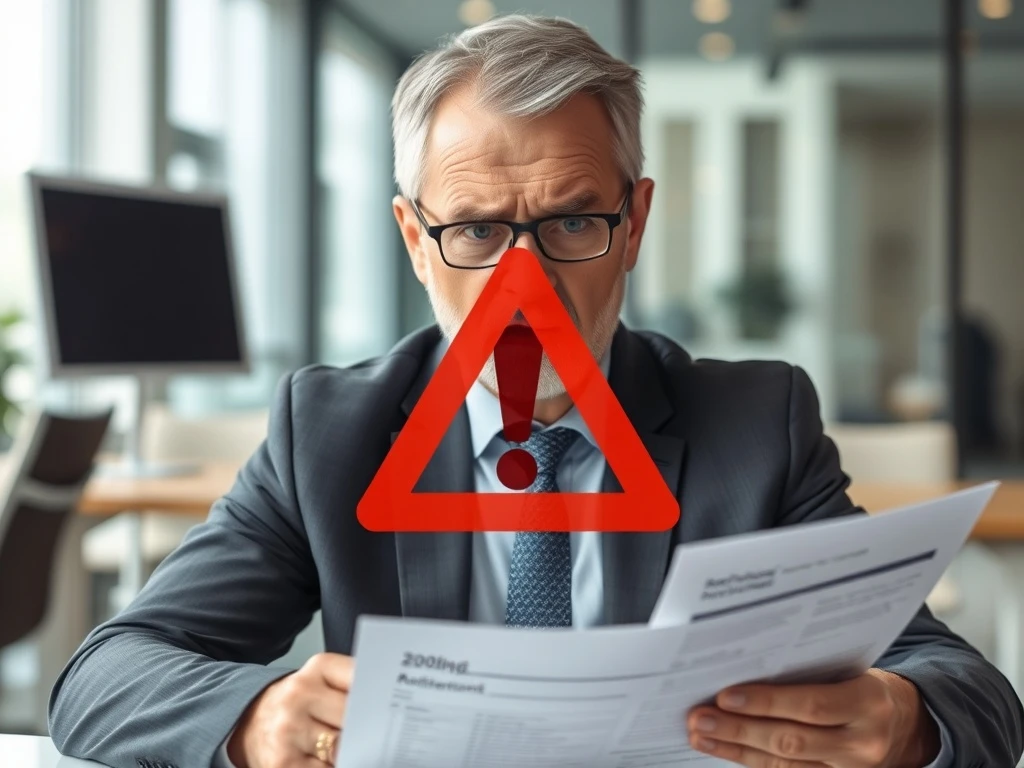Many investors seek higher returns through alternative investments, but adding private equity to your 401(k) presents significant dangers that could undermine your entire retirement strategy. This approach exposes retirement savings to unprecedented risks that traditional 401(k) plans deliberately avoid.
Understanding Private Equity 401k Limitations
Private equity investments fundamentally conflict with 401(k) structures. Traditional retirement accounts prioritize liquidity and transparency, whereas private equity requires long lock-up periods. Consequently, investors cannot access their money during market downturns or personal emergencies. Furthermore, most 401(k) plans lack the infrastructure to properly evaluate private equity opportunities.
Liquidity Risks in Private Equity 401k Investments
Private equity investments typically require 7-10 year commitments. This creates severe liquidity problems for retirement accounts that might need distributions. Unlike publicly traded stocks, you cannot sell private equity positions quickly. Therefore, emergency withdrawals become impossible without substantial penalties. Additionally, market timing becomes irrelevant when your money remains locked for decades.
Regulatory Barriers for Private Equity 401k Inclusion
The Department of Labor imposes strict regulations on 401(k) investments. Private equity often fails to meet these standards due to:
• Lack of daily valuation
• Insufficient transparency requirements
• Inadequate liquidity provisions
• Higher fiduciary responsibility concerns
Fee Structures Erode Private Equity 401k Returns
Private equity funds charge notoriously high fees that dramatically reduce net returns. Typical fee structures include:
• 2% annual management fees
• 20% performance fees above hurdles
• Various hidden expenses and carry costs
These fees compound over time and significantly diminish retirement account growth.
Due Diligence Challenges for 401k Investors
Individual investors lack resources to properly evaluate private equity opportunities. Unlike institutional investors, they cannot conduct thorough due diligence on fund managers and strategies. This information asymmetry creates substantial disadvantages. Moreover, most employees cannot adequately monitor these complex investments alongside their regular jobs.
Retirement Planning Implications
Incorporating private equity into 401(k) plans disrupts careful retirement planning. The unpredictable nature of private equity returns makes income projections unreliable. Retirees depending on consistent distributions face particular risks. Additionally, portfolio rebalancing becomes practically impossible with illiquid investments.
Frequently Asked Questions
Can I legally add private equity to my 401(k)?
Most 401(k) plans do not allow direct private equity investments due to regulatory restrictions and plan design limitations.
What are the main risks of private equity in retirement accounts?
Key risks include illiquidity, high fees, lack of transparency, valuation challenges, and regulatory compliance issues.
Are there alternatives to private equity for higher returns?
Consider REITs, publicly traded alternative asset managers, or sector-specific ETFs that offer similar exposure with better liquidity.
How do fees impact long-term retirement savings?
High fees compound over decades and can reduce retirement savings by 25-30% compared to low-cost index funds.
What should I do if my employer offers private equity in our 401(k)?
Carefully review the investment terms, fee structure, liquidity provisions, and consult with a financial advisor before committing.
Can private equity ever be appropriate for retirement accounts?
Only for sophisticated investors with substantial assets who can afford illiquidity and have independent professional advice.


















